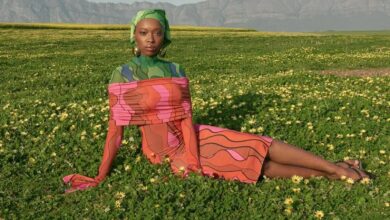Golden Arches in South Africa: How McDonald’s Localized and Thrived in a Unique Market
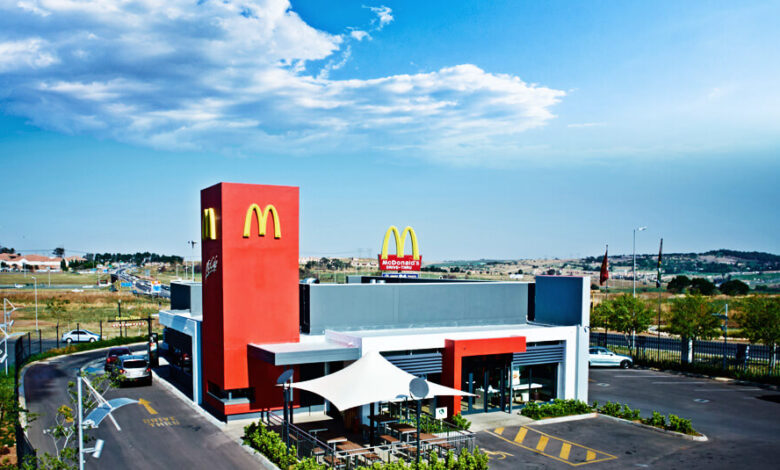
Golden Arches in South Africa: How McDonald’s Localized and Thrived in a Unique Market. When McDonald’s first landed in South Africa in 1995, it entered a country undergoing immense transformation. Emerging from decades of apartheid, the Rainbow Nation was eager for progress, growth, and global connections. For McDonald’s, this presented a golden opportunity—yet it was a market that required careful navigation. Over the decades, the fast-food giant has mastered the art of localization, blending global consistency with local flavor to build a thriving business in South Africa.
Here’s how McDonald’s South Africa overcame challenges, embraced opportunities, and became one of the nation’s favorite fast-food brands.
The Beginning: Tapping Into a Transitional Economy
When McDonald’s opened its first South African outlet in 1995 in Blackheath, Johannesburg, it did so amidst great excitement. The timing was strategic. Post-apartheid South Africa was welcoming international brands, and McDonald’s sought to position itself as a symbol of global modernity.
However, the company underestimated the complexity of the market. South Africa’s cultural diversity, economic disparities, and unique tastes required more than a copy-and-paste of its American model. The company faced skepticism from local consumers, who were unfamiliar with many menu items and wary of its pricing, seen as high by some standards.
Lesson for Entrepreneurs: Market entry timing matters, but so does understanding the socio-economic landscape. Researching local nuances is critical when introducing a global brand to a diverse audience.
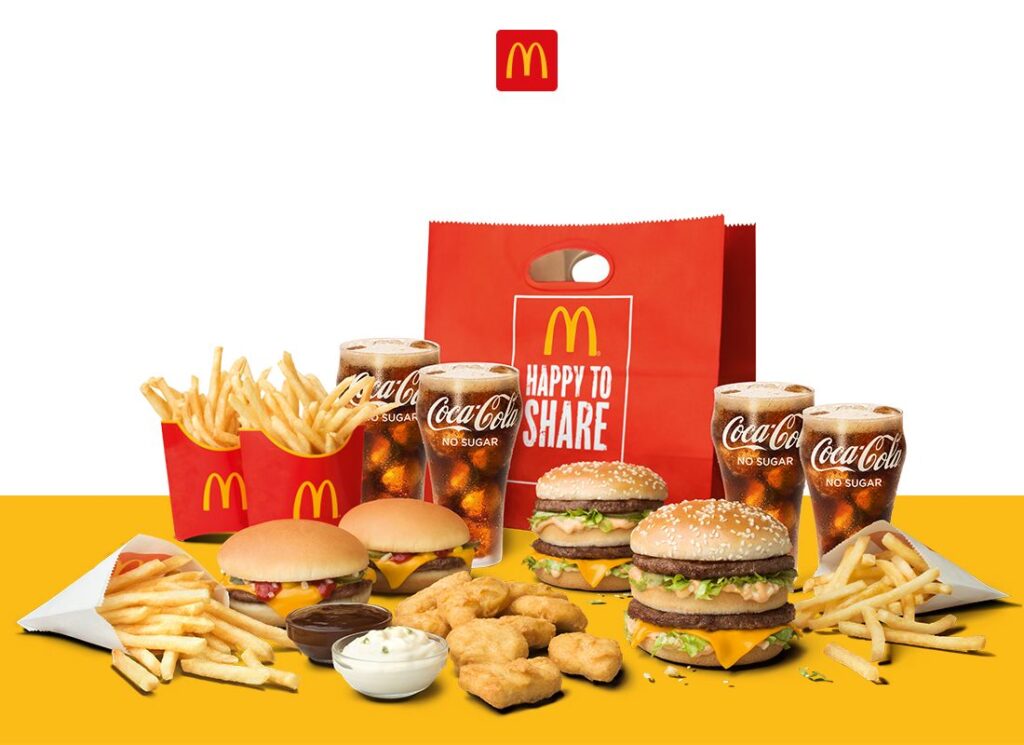
Embracing Localization: Adapting the Menu to Local Tastes
McDonald’s quickly realized that succeeding in South Africa required catering to local preferences. While Big Macs and McNuggets were retained, the company introduced menu items tailored to South African palates.
- The Spicy Veggie Burger was launched to cater to vegetarian and culturally specific diets.
- Traditional favorites like the Boerie Burger, inspired by South Africa’s beloved boerewors sausage, resonated strongly with local consumers.
Localization extended beyond the menu. McDonald’s adapted its marketing to celebrate South African culture, using diverse voices and imagery to reflect the nation’s identity. Campaigns like “Make Every Day Special” struck a chord with consumers by focusing on shared family values.
Lesson for Entrepreneurs: Global brands must strike a balance between maintaining their core identity and adapting to local preferences. Authenticity is key to building trust and relevance.
Overcoming Challenges: Navigating Economic Shifts
The 2008 global financial crisis hit South Africa hard, and McDonald’s wasn’t spared. With tightening wallets, the brand faced declining sales and growing competition from local and international players like Steers, KFC, and Nando’s.
In response, McDonald’s introduced the Value Menu, offering affordable options without compromising quality. Deals like the “R15 Meal” made the brand more accessible, especially for price-sensitive consumers. Additionally, McDonald’s strengthened its drive-thru offerings, recognizing the growing demand for convenience in tough times.
Lesson for Entrepreneurs: Economic downturns demand adaptability. Offering value while maintaining quality can help businesses weather financial storms.
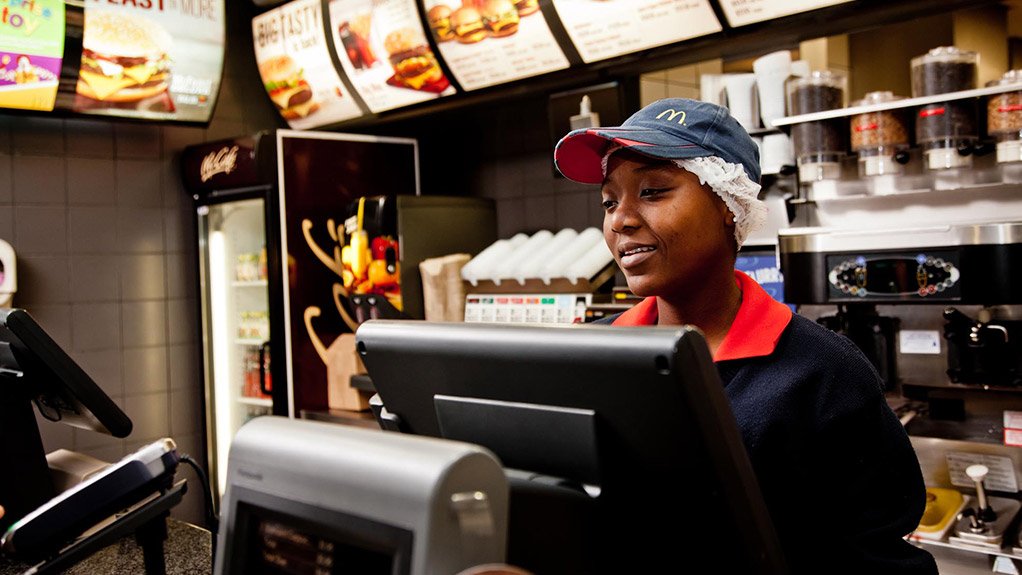
Mistakes and Lessons Learned: Prioritizing Community Connection
McDonald’s initially struggled with connecting to South African communities, focusing too heavily on urban centers while neglecting smaller towns and rural areas. This limited its reach in a country where many people live outside metropolitan hubs.
The company corrected course by expanding into underserved regions, ensuring that its iconic Golden Arches became a familiar sight across South Africa. Franchise partnerships with local entrepreneurs further helped McDonald’s integrate into these communities, building goodwill and economic opportunities.
Lesson for Entrepreneurs: Accessibility matters. Expanding beyond major cities and empowering local stakeholders can create lasting community relationships.
Innovative Growth: Technology and Sustainability
In recent years, McDonald’s South Africa has embraced innovation to sustain its growth. The brand introduced mobile ordering, delivery services, and loyalty programs to cater to tech-savvy consumers. Its McDelivery app and partnerships with platforms like Mr. D Food expanded its reach beyond physical stores.
Sustainability also became a priority. McDonald’s South Africa committed to sourcing ingredients locally, reducing plastic packaging, and supporting eco-friendly initiatives. These moves resonated with socially conscious consumers and aligned the brand with global environmental trends.
Lesson for Entrepreneurs: Innovation and sustainability are not optional—they are essential for staying relevant in a fast-evolving market.
Capitalizing on South African Culture
McDonald’s skillfully leveraged South Africa’s love for shared meals and gatherings. Marketing campaigns highlighted family moments, unity, and celebration—values deeply ingrained in the nation’s culture. Special promotions during major events like rugby matches and public holidays further endeared the brand to local audiences.
The company also invested in people. Its training programs empowered South Africans, creating jobs and career growth opportunities. By focusing on its workforce, McDonald’s became more than a fast-food chain; it became an enabler of progress.
Lesson for Entrepreneurs: Align your brand with cultural values and invest in people. A business that contributes to the community is one that thrives.
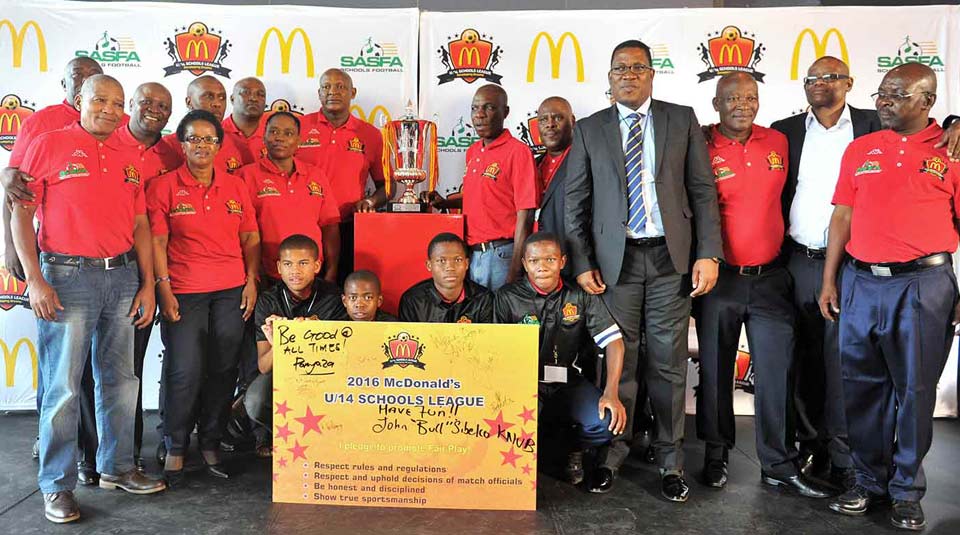
Building a Legacy in South Africa
From its initial challenges to its innovative strategies and cultural integration, McDonald’s journey in South Africa is a testament to the power of resilience, adaptability, and authenticity. The brand’s ability to learn from its mistakes and embrace local culture has transformed it into a beloved household name.
For aspiring entrepreneurs, the story of McDonald’s South Africa offers valuable lessons: building a successful brand isn’t just about selling products—it’s about understanding people, creating value, and staying true to a vision that resonates with the communities you serve.




